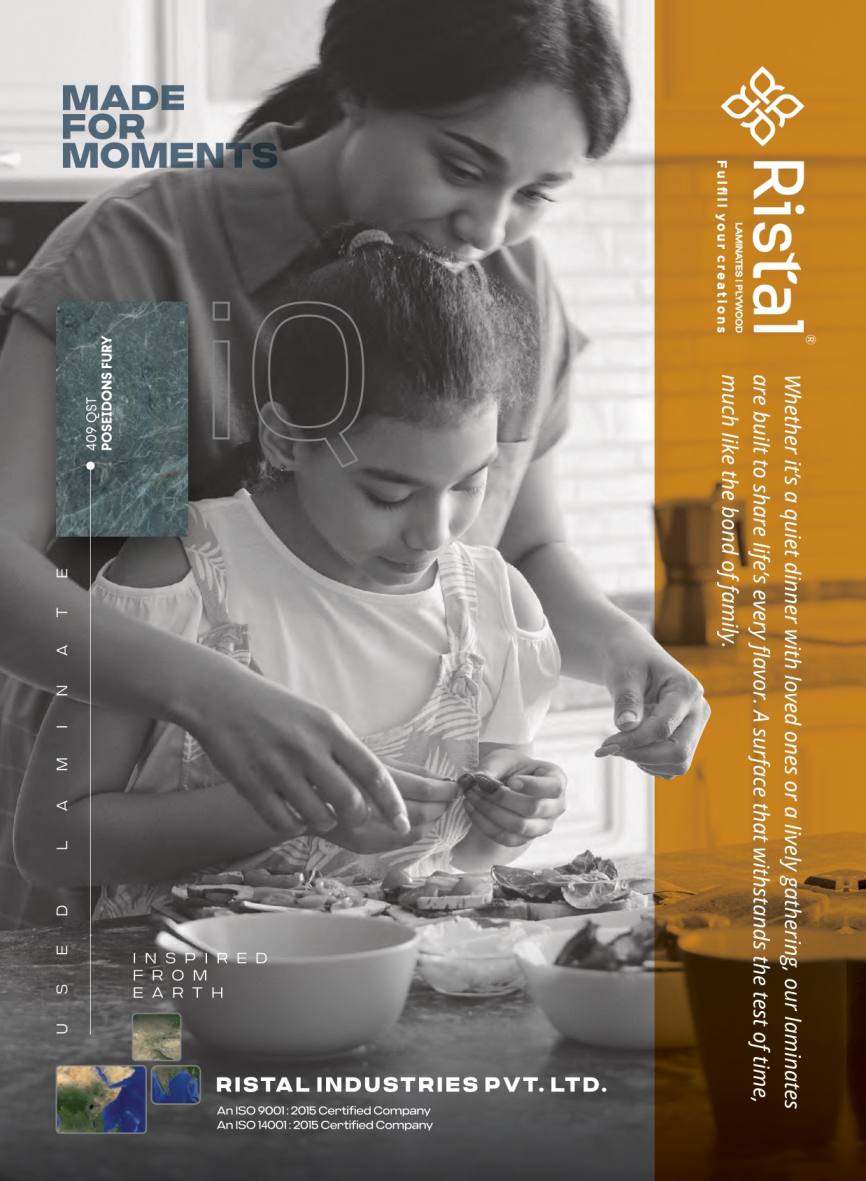
Don’t prevent farmers from benefitting favourable market prices
- September 10, 2024
- 0
Recommending a farmer-friendly policy framework, the Economic Survey 2023-2024 said the government should consider export bans on agricultural products only in specific situations and avoid banning futures or options markets at the first sign of any price surge to let markets function in the interest of farmers.
India either banned or imposed curbs on exports of major agricultural items such as wheat, rice, sugar and onions as erratic weather hurt output, inflating prices in the domestic market. The Centre also banned trading in wheat, paddy (non-basmati), chana, mustard seeds, soya bean and moong to prevent any price surge.
The survey noted that price stabilisation measures such as open market sales, trade controls, and steps to check hoarding, aimed at giving comfort to consumers, often conflict with income-support policies for farmers.
It said in case of non-essential items, the government can allow “substitution effects to play out before responding to domestic supply concerns”. For instance, if sugar prices rise, consumers can consume less of it or switch to jaggery, according to the survey.
“In general, it is far easier for consumers to substitute or pare back consumption than for farmers to endure big losses because of ad hoc export bans or huge imports,” it noted.
The survey also said India’s inflation targeting framework should consider targeting inflation, excluding food. When the central bank appeals to the government to control the increase in prices of food products, it prevents farmers from benefiting from the rise in terms of trade in their favour.
Enhancing private sector investment in agriculture and improving market infrastructure by incentivising states is also vital to give impetus to the agriculture sector, according to the survey.
It also highlighted that incomes of farmers with small landholdings cannot be increased by growing wheat and paddy alone, adding that farmers need to move to high-value agriculture such as fruits and vegetables, fisheries, poultry, dairy and buffalo meat.
The survey suggested that promoting farmer producer organisations, e-National Agriculture Market (e-NAM) and allowing cooperatives to participate in agri-marketing could lead to better price discovery. e-NAM refers to a pan-India electronic trading portal that connects existing Agricultural Produce and Livestock Market Committees (APMCs) to create a unified national market for agricultural commodities.
The survey noted that promoting crop diversification requires addressing critical issues such as investment in agri-infrastructure, credit accessibility and appropriate market institutions.
👇 Please Note 👇
Thank you for reading our article!
If you don’t received industries updates, News & our daily articles
please Whatsapp your Wapp No. or V Card on 8278298592, your number will be added in our broadcasting list.


































































